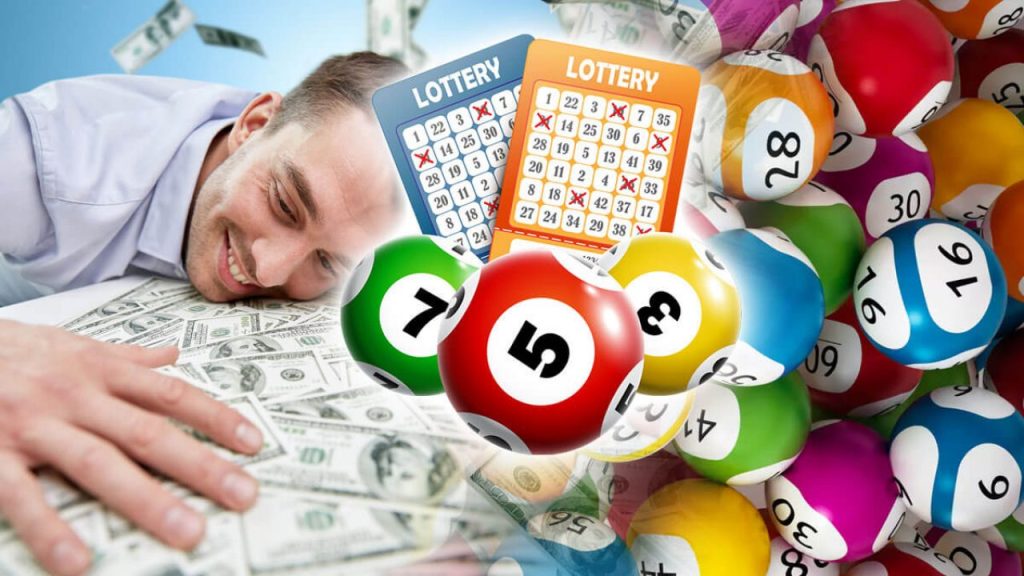Online lottery gambling has surged in popularity, enticing millions with the promise of quick riches and easy wins. However, behind the flashy websites and colorful graphics lie complex algorithms that dictate the odds and outcomes of these digital lotteries. Understanding these algorithms is crucial for assessing whether the odds presented are genuinely fair or just an illusion. At the heart of online lottery systems are Random Number Generators RNGs, which are designed to ensure that each draw is unpredictable and unbiased. RNGs use algorithms to produce sequences of numbers that lack any discernible pattern. The fairness of an online lottery largely hinges on the integrity and reliability of these RNGs. Reputable lottery platforms employ sophisticated RNGs that are regularly tested and certified by independent auditors. These tests verify that the RNGs produce truly random results and are free from manipulation.
Despite the rigorous testing, there are inherent limitations and potential vulnerabilities in RNG-based systems. For instance, if an RNG is flawed or compromised, it could lead to skewed odds that favor the house rather than the players. Additionally, the algorithms used to manage ticket purchases and winnings must be carefully designed to prevent exploitation. For example, some lotteries implement features such as limited ticket sales or fixed odds to maintain a balanced system and ensure fair play. Transparency is another critical factor in assessing the fairness of online lottery gambling. Transparent platforms provide detailed information about their RNGs and the algorithms governing their games. They also disclose the odds of winning Bandar Togel Hongkong for each prize tier, allowing players to make informed decisions. Conversely, platforms that obscure or withhold such information may raise red flags, as it becomes challenging to verify the fairness of their games. The mathematical aspect of lottery odds is also worth considering. Lotteries typically use combinatorial mathematics to determine the probability of winning.
Online platforms often offer similar odds, but variations can occur based on the specific game design and prize structure. While the algorithms and RNGs play a crucial role in ensuring fairness, players should also be aware of the broader context of online gambling. The house edge an inherent advantage that casinos or lottery operators have can affect overall fairness. In online lotteries, this edge is built into the game’s structure, meaning that over time, the operator is likely to retain a certain percentage of the total wagers. In conclusion, while online lottery gambling employs sophisticated algorithms and RNGs to create a fair and random gaming experience, it is essential for players to stay informed about the transparency and integrity of the platforms they choose. Understanding the mathematical odds and recognizing the potential for inherent biases can help players approach online lotteries with a more critical perspective, ensuring that their gambling experience is both enjoyable and fair.

